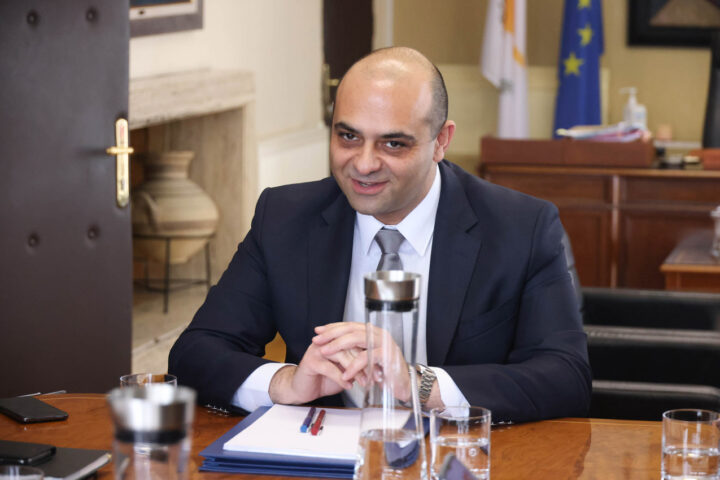As Cyprus remains permanently undecided on how to replace the short-term gains from selling passports, nobody seems to care about investing in the next generation of talent, either locals or attracting young ‘knowledge generation’ professionals from other countries.
Over the years, administrations past and present, have pompously declared transforming the island into a ‘regional centre’ for financial services, education, health, tourism, cinema and start-ups. But these ambitious plans never materialised, simply because we do not have the talent, especially locally-developed, to be employed in and excel in these sectors.
An attempt was made in the past to attract IT professionals and business leaders, but without the right incentives, again, these never got off the ground. The nuisance of endless red tape and the attitude of civil servants when dealing with such ‘foreigners’ became less appealing, while the lack of investors ready to take risks and provide venture capital for a one-in-ten success story, where nine will admittedly fail, is a disincentive in itself.
Instead, Britain’s PM is taking advantage of the new post-Brexit era to re-launch its privileged visa scheme that will attract researchers, disregarding the strict confines of Brussels-imposed regulations.
“As we leave the EU, I want to send a message that the UK is open to the most talented minds in the world,” Boris Johnson declared this week, a challenge that will surely bear fruit as he vows to fill the vacuum created by Europeans abandoning the NHS and other sectors, such as construction and IT.
The “fast-track entry” is nothing new to the UK as it had the earlier visa programme for ‘exceptional talents’, but the updated version aims to attract scientists, researchers and mathematicians after Brexit, overturning the ‘brain drain’ that many fear could happen.
Then again, the opposite could happen, with Britons leaving their home and seeking better fortunes elsewhere. Why not Cyprus?
Instead of tolerating corruption in football, unable to bring revolting natives in check and seeming to be utterly helpless in the face of trade unions demanding more pay for less work, the Anastasiades government needs to rethink its strategies, especially when it comes to attracting new talent or stopping the brain-drain. It is now seven years that the so-called ‘pro-business’ administration has failed to deliver on many counts, delaying decisions and watering down many initiatives, playing into the hands of those who know nothing, yet are self-appointed leaders of political parties. Has anyone heard of any new success story recently, that has not been the result of private initiative?
One wonders if the weekly Cabinet meetings also allow for the exchange of ideas and brainstorming, or are they classroom-like sessions where the teacher recites and the students follow.
Economic growth will slow down this year, which is not unexpected because apart from diverting revenues from energy licenses to the unproductive civil service payroll, and banks not generating ‘new business’, there is nothing new to generate confidence in the market.
Fortunately, some sectors of the economy do not need state guidance, because industry leaders know that what’s best for the economy is also best for their pockets. The education sector continues to grow on its own, attracting fee-paying foreign students, farming and agriculture are enjoying a comeback with foodstuff exports, tourism and marinas are on an upward path with new hotels in the pipeline, while the shipping sector views the bigger picture of tariff wars and emission controls, as opposed to the petty issues of which political party offers how many jobs in government and to whom.










